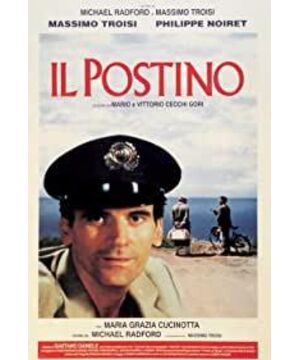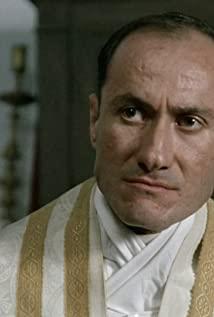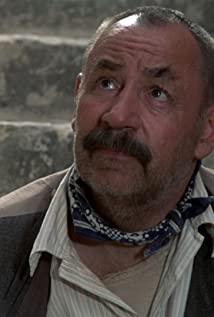"The Postman", after reading Antonio Skármeta's novel, turned out the movie. He said it was dedicated to Mathilde Urrutia, who inspired Neruda, and to pay homage to her by those who benefited from the "lowly copycats" Neruda was.
The romantic Italy in the film, the blue Apennine waters, and the melodious tune that is half sad and half joyful, all add poetic footnotes to this film.
Mario, who is not doing his job and dreaming of daring love all day long, becomes a postman for the poet who was exiled to the island by chance. Like most people, he quickly fell in love with Neruda's poetic talent and took the initiative to become acquainted with him.
Then the pub meets a beautiful girl, Beatrice, with long curly hair, plump breasts, passionate and lovely cunning. Mario quickly falls in love, and he turns to the poet, not for an antidote to a bitter love. He wanted to write poetry, using all kinds of metaphors, strong, subtle, provocative, melancholy... The poet is happy to help. He sat on the beach and talked with Mario about metaphors, met with Mrs. Rosa, who was eager to protect her daughter, went to the tavern in front of the beautiful woman, and wrote a speech on the title page in person - as Mario's first "collection of poems".
The rising and falling sea water, the moonlight pouring down like silk, the free wind blowing in and out of my ears, together with the indelible verses, witness the friendship between the poet and an ordinary person.
It is undeniable that in this friendship, Mario is always the active party, which is determined by the status of the two. After the poet returned to China, in order to remember this tender and mellow love, Mario, shy, recorded the sound of the island on a tape, and finally his wife passed it on to Neruda after his accident. "First, the wave band of the bay, small waves; second, rolling waves; third, the wind on the cliff; fourth, the wind in the bushes; fifth, my father's sorrowful fishing net; sixth, The church bells, and the priest; seventh, the starry night sky on the island; eighth, the heartbeat of my first child." Everything was still beautiful.
The book mentioned that Massimo Troisi "read the script and thought it would be the most successful role in his life". The director reminded him several times that "a movie is not worth a life", but he said: "This movie is My life." He insisted on using all his energy to play the role of the postman, and in the end, others couldn't tell which was him in reality and which was him in the script. Twelve hours after the movie stopped, he said goodbye to the movie and to the world. Looking at the movie carefully, he is pale and thin, but his eyes are loud, his lips are always stubbornly pursed, and he recites every sentence poetically. Who knew that he was suffering the unbearable pain of life at that time.
There is no one who doesn't like poetry, whether in high spring or white snow, or in other words, no one really hates poetry. Neruda was undoubtedly great and unsurpassed. He said: "The most outstanding poet is the one who supplies our bread every day, that is, the baker around us who does not claim to be God." Find light and hope. Whether in the early romantic poems with the themes of love, loneliness, and death, or in the obscurity and incomprehension in the period of distress, and the sonorous force in the heyday, these are the songs of Neruda's soul. He sings with life, colorful imagery, delicate and moving rhythm, "reviving the destiny and dream of a continent".
Dear Neruda, whether it is the beautiful Black Island or the year-round sweltering Cape Horn, I would like to follow you and respect you. "Love is so short and forgetting is too long," you say, then I would like to "love you here", "to write the saddest verse for you tonight."
View more about The Postman reviews











